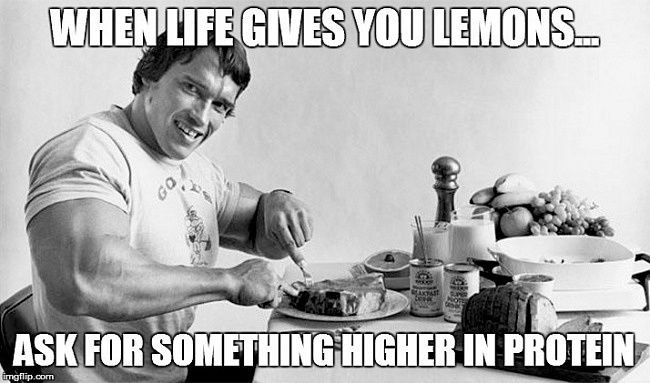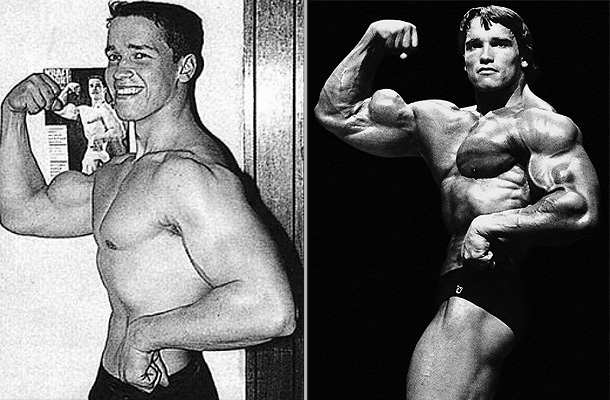Recently, we discussed the different types of macro-nutrients needed for the progress every gent is looking for in the gym. Along with our macros, we also have to take into account our micros. Micro-nutrients are assorted vitamins and minerals that work synergistically with the big diet building blocks that macros contain, and are necessary for me to slay 300 lbs on chest day — or any day for that matter. Unfortunately, no one food contains everything, and so you will have to diversify your diet to cover your bases.
There are a total of 13 Vitamins and 16 Minerals necessary for normal body function, but here are the five micro-nutrient building-blocks critical for the gains you want to see.
Iron: Not only do you need to pump it, but you also need to consume it. This mineral is critical for cognitive and motor development and a key component of hemoglobin, the oxygen-carrying aspect of your red blood cells. Without enough iron in your diet, you can become anemic meaning that your O2 carrying potential decreases leaving you fatigued, out of breath, and dizzy. Basically, you can’t go ass to the grass like the champ you are on leg day, if your iron levels are low.
Sources include lentils, red meat, poultry, fish, lentils, and green leafy vegetables.
Iodine: This is another mineral necessary for cognitive development, but also can cause goiters which if you haven’t heard of them before, let google be your friend and give it a quick search. Now that you have the visual, I am sure you understand how #bullfrog should never be a thing.
Sources include seaweed, fish and most table salt.
Vitamin A: This vitamin is largely necessary for eye function as well as immune system function. Without it the risks for blindness and other disease skyrocket — you want to look like Bane, not sound like him, so make you’re consuming your Vitamin A and keeping your immune system ready and kickin’ for the next PR (personal record).
Sources include carrots, spinach, broccoli, milk, egg, liver and fish.
Folate: This is a general term for a complex of B – vitamins, which are critical for DNA production and protein metabolism…I mean brotein metabolism. Without folate, we shut the door on maximum gains before we even get started.
Sources include egg, dairy products, asparagus, orange juice, dark green leafy vegetables, beans and brown/multi-grain bread.
Zinc: A lack of zinc has very major implications for your health, it can cause anything from impaired wound healing to cognitive and motor impairment. Low zinc levels can even increase the frequency AND severity of diarrhea.. And we have all already had some close calls on those heavy squats before, so let’s not push it further and have to look for a new gym after hearing your bowels empty and “cleanup needed in the squat racks” over the intercom halfway through your set.
Sources include liver, eggs, nuts, cereals and seafood.

Key Takeaway: “They help significantly when trying to retain muscle strength progress while improving cardio-vascular strength. A good rule of thumbs is the more colorful the food, especially veggies, the better. Micro-nutrients are often an overlooked area, even though they’re actually just as easily understood as macro nutrients; your proteins, carbs, and fats. I attribute a lot of my ability to still squat 400+ lbs while training for my half-marathon to a micro-nutrient rich diet supplemented with a basic multivitamin. Nothin’ expensive, nothin’ illegal, just hard work and clean, high-octane fuel for my body.” – Ethan V. (ESS BA, PT)
Now that we have built a basic foundation of to understand what fuel the body needs, next week we will shift our focus to the gym, and what exercises will maximize progress any why. 


